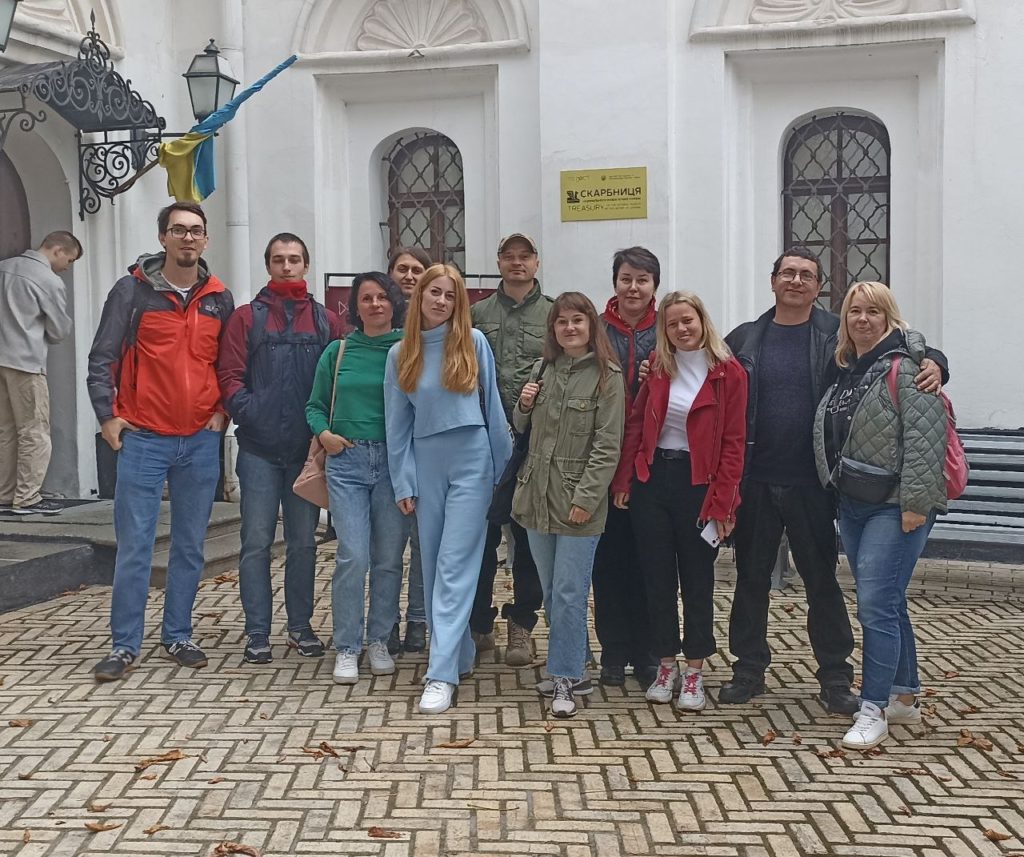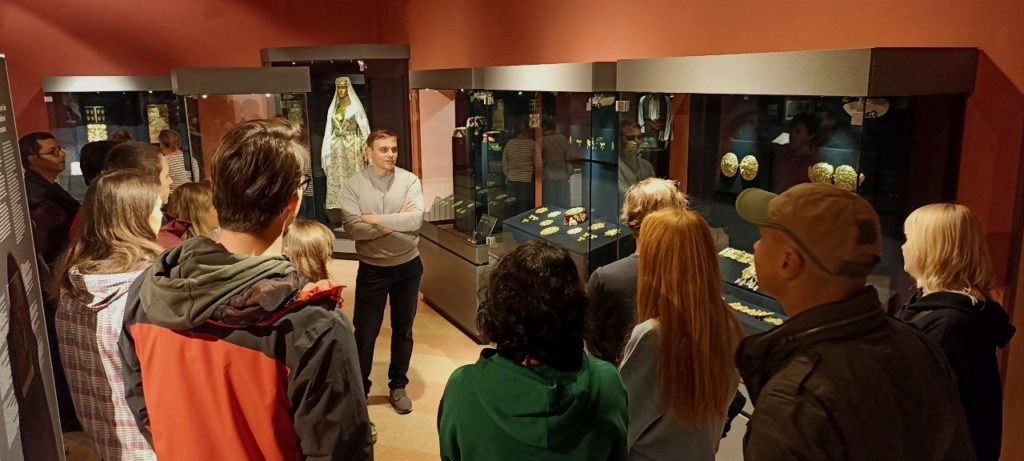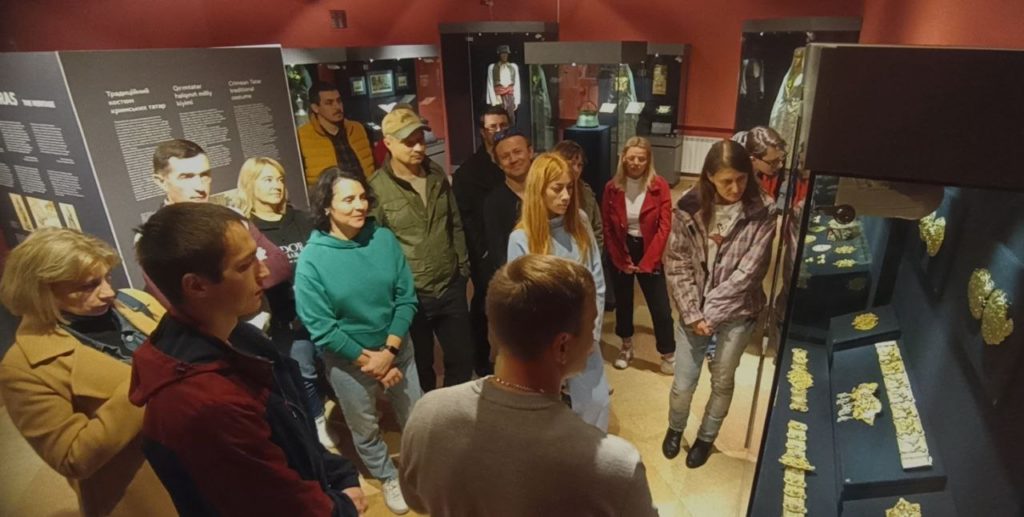The B50 website is now available in the Crimean Tatar language
The B50 community has launched a Crimean Tatar adaptation of the site. It can be viewed at https://b50.com.ua/qt/.
Currently, this version of the B50 website is shortened and contains key information about the community and its projects.
The launch of the Crimean Tatar version of the website is a logical step for the B50 as an organization that helps the de-occupied regions. Our citizens in Crimea should already know the organizations they can turn to for help after the inevitable liberation of the peninsula, and do so in their native language.
Ruslan Habdulov, Head of B50:
"The use of the Crimean Tatar language on the B50 website is a way to show our solidarity with our fellow citizens who have been under occupation in Crimea for nine years. It will also help to support and promote the language of the indigenous people of Ukraine alongside the state language. B50 wants to inspire other organizations and institutions to implement Crimean Tatar language versions of information resources. We hope that our colleagues will support and spread this initiative, increasing the amount of Crimean Tatar content on the Internet."
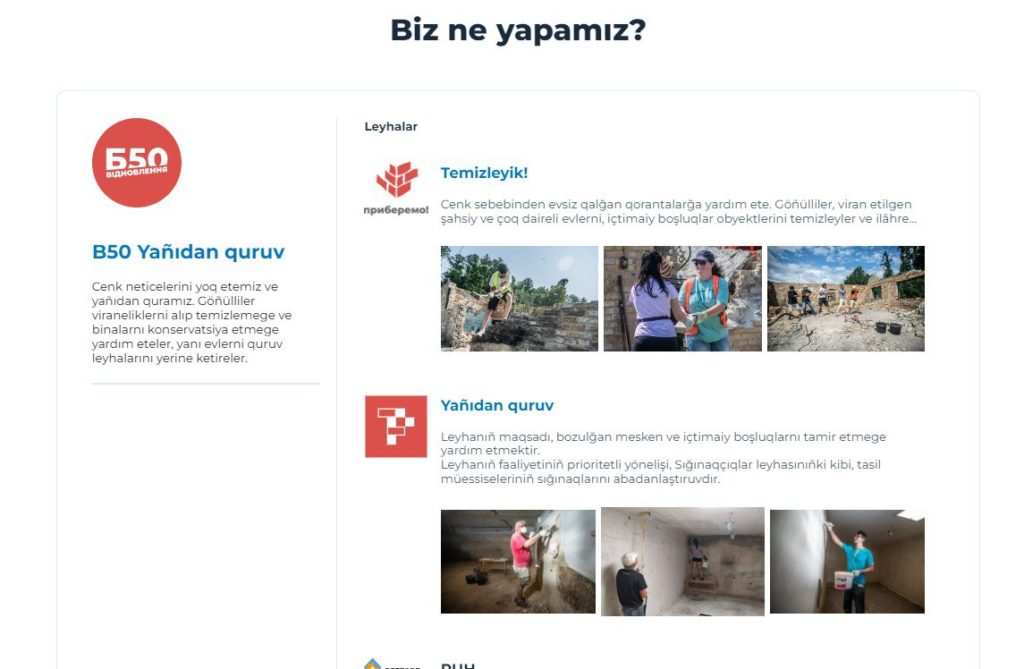
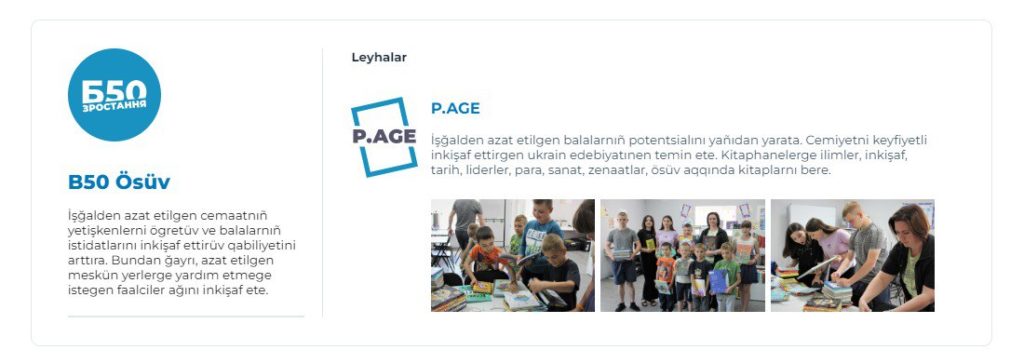
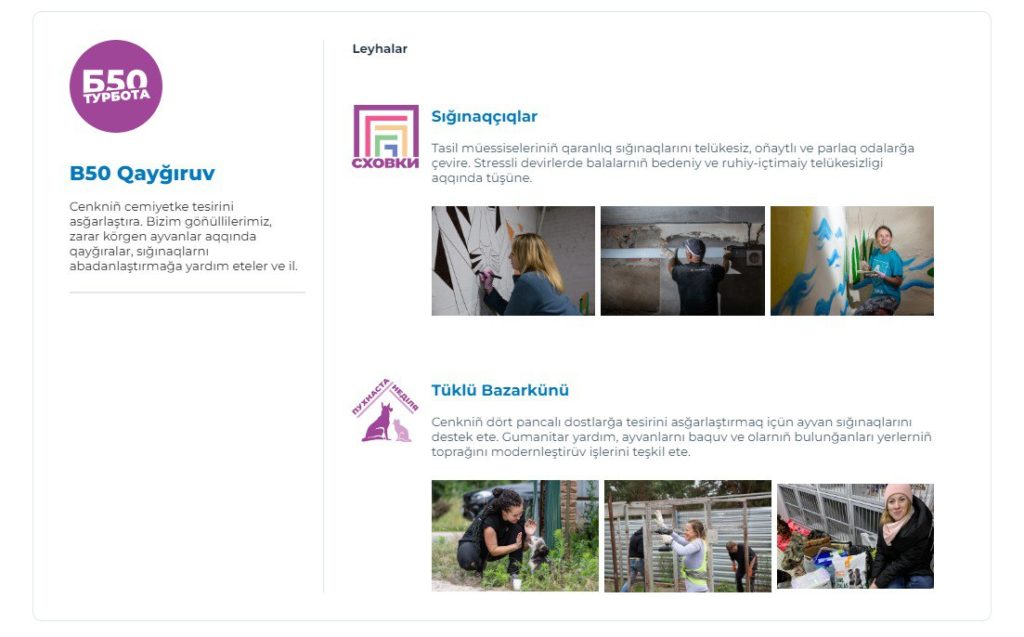
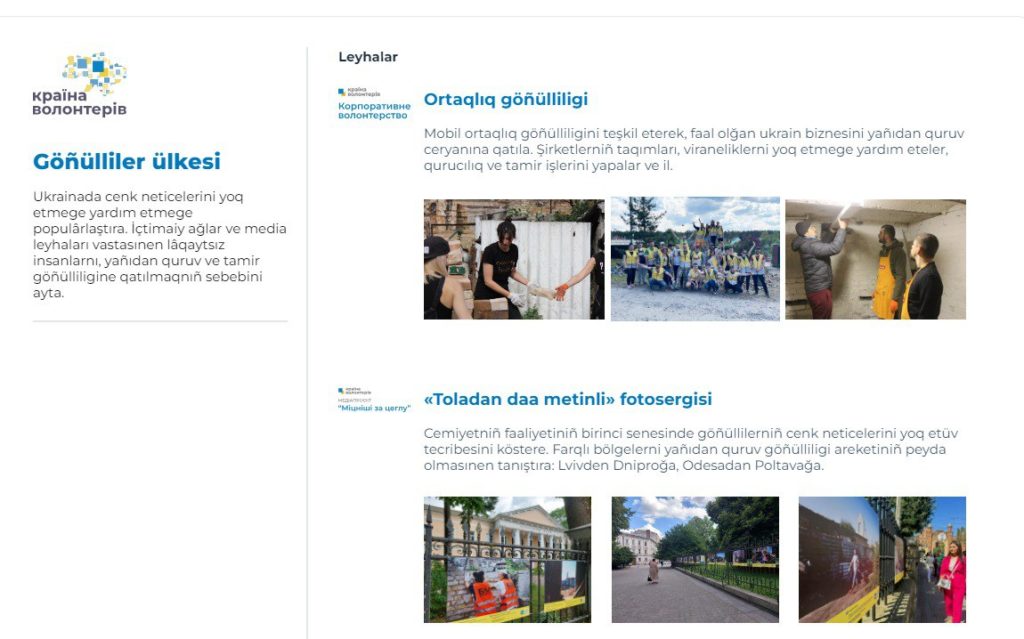
B50 volunteers celebrated the launch of this language version by going on an excursion to learn more about the culture of this ethnic group of Ukraine – the Crimean Tatars.
First, our volunteers visited the Miras/Heritage exhibition, which introduces the customs, art and life of the Crimean Tatars. Here they saw traditional jewelry, clothing, and utensils, including silver women’s belts and topeliks (tops of women’s fez headdresses), silver Quran cases, men’s amulets, coffee utensils, traditional golden thread embroidery, and much more. These artifacts reveal different aspects of the life of the indigenous people of Crimea and allow us to learn more about how the culture bearers perceived the world, nature and each other.
Afterwards, the volunteers took part in an Ornek workshop, creating personalized amulets on paper using Crimean Tatar ornaments.
We would like to thank the public organization Alem and its founder Esma Adzhiieva for organizing such activities and helping to translate the website.
